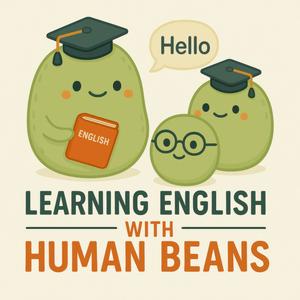Mikasa Ackerman is Attack on Titan's most lethal warrior—rated 10/10 in combat, capable of decimating titans and humans alike with surgical precision. Yet beneath her unmatched strength lies a devastating psychological fragility. In this deep-dive analysis, we explore Mikasa through the lens of clinical psychology, examining how Dependent Personality Disorder (DPD) shapes every aspect of her character.
From her founding childhood trauma to her final, impossible choice, we dissect the mechanisms of trauma bonding, separation anxiety, and codependency that define her relationship with Eren. We examine how Isayama brilliantly channeled pathological attachment into superhuman violence, creating fiction's most compelling paradox: a warrior who can survive anything except being alone.
But Mikasa's story goes deeper. Through her structural parallel with Ymir Fritz, we discover how one woman's liberation from toxic love became the metaphysical key to breaking a 2000-year cycle of enslavement. We explore what the series teaches us about the difference between love and dependence, freedom and attachment, and what it truly costs to choose ethics over comfort.
Major spoilers for the entire Attack on Titan series.


